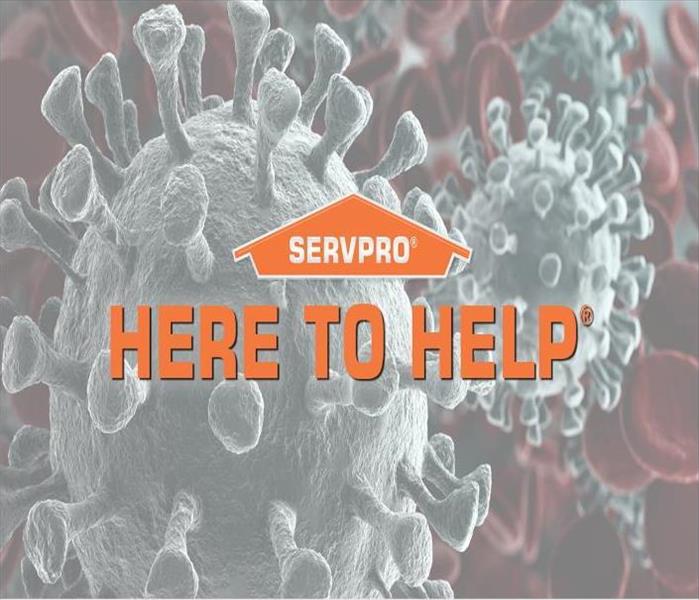Coping With Stress
4/1/2020 (Permalink)
It is hard not to be overwhelmed with the abundance of information there is regarding the unfathomable reality we are all facing. We have all done our best to educate ourselves with the causes and symptoms of the coronavirus. Unfortunately, the vast majority of information focuses on the impacts to our physical health and safety and how to slow the spread of the virus.
While the oceans of information and changes we are making are necessary they may be having a negative impact to our collective mental well being. Fear and anxiety about a disease can be overwhelming and cause strong emotions in both adults and children. Coping with stress will make you, the people you care about, and your community stronger.
Everyone reacts differently to stressful situations.
How you respond to the outbreak can depend on your background, the things that make you different from other people, and the community you live in. People who may respond more strongly to the stress of a crisis include
- Older people and people with chronic diseases who are at higher risk for COVID-19
- Children and teens
- People who are helping with the response to COVID-19, like doctors and other health care providers, or first responders
- People who have mental health conditions including problems with substance use
Stress during an infectious disease outbreak can include:
- Fear and worry about your own health and the health of your loved ones
- Changes in sleep or eating patterns
- Difficulty sleeping or concentrating
- Worsening of chronic health problems
- Increased use of alcohol, tobacco, or other drugs
Taking care of yourself, your friends, and your family can help you cope with stress. Helping others cope with their stress can also make your community stronger.
Things you can do to support yourself
- Take breaks from watching, reading, or listening to news stories, including social media. Hearing about the pandemic repeatedly can be upsetting.
- Take care of your body. Take deep breaths, stretch, or meditate. Try to eat healthy, well-balanced meals, exercise regularly, get plenty of sleep, and avoid alcohol and drugs.
- Make time to unwind. Try to do some other activities you enjoy.
- Connect with others. Talk with people you trust about your concerns and how you are feeling.
For more information on COVID-19 and how best to improve your mental wellbeing during these uncertain times visit the Centers for Disease Control website.
All of us here at SERVPRO of Newton / Wellesley want you and your loved ones to stay safe and know that we will make it through this together!






 24/7 Emergency Service
24/7 Emergency Service
